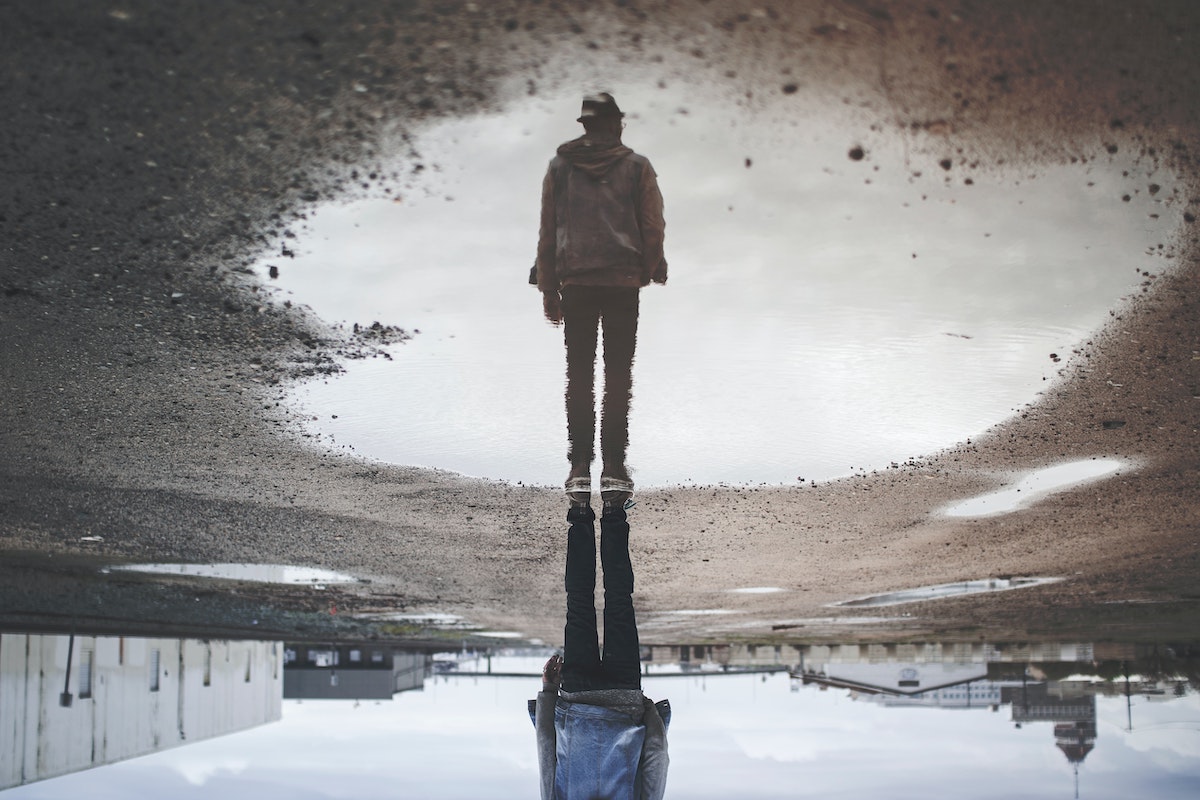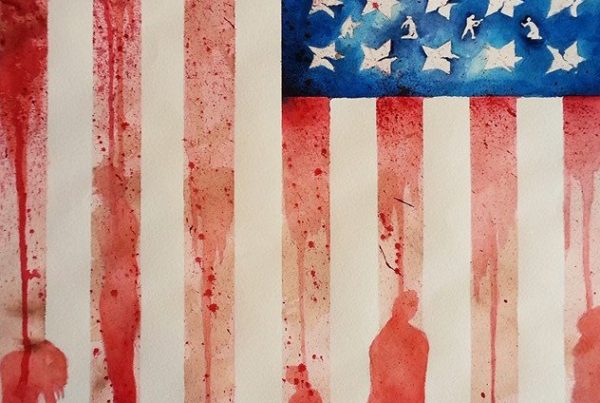It’s been a few weeks since I’ve written and the predominant reason for this is because so much has continued to happen on a daily basis and it’s just a bit too overwhelming, to be honest.
From Trump’s removal of the fair-housing rule to John Lewis’ passing and memorial to John Ortberg’s resignation from Menlo Park and Gravity Center’s transparency theater act with their so-called investigation into Chris Heuertz’s abuse against women to the never-ending Covid issues and debates – every day there is always so much to deal with and it’s exhausting.
But on this What the F*rk Friday, I wanted to address an issue that’s more personal and introspective because of an incident that happened among friends and colleagues that’s important, especially in regard to the antiracism work many I know are doing.
A colleague I respect and is a proclaimed antiracist ally posted an opinion on a song by a black artist. The problem wasn’t his opinion on the issue but rather the wording he used, which was demeaning and ignorant of the derogatory history of how black artists have been treated in our white supremacist culture. But even more problematic than his original post was his response when black people, especially black women, pushed back and tried to educate him of the offense and why what he posted was harmful. Instead of listening, he pulled out every tactic of white male fragility and dug in his heels. The good thing is that after just a couple of days of many conversations with many people, he realized what he had done and provided a good apology by naming specifically what he did and apologizing publicly to the black women (in particular one black woman) he was violent against and thanking all those who lovingly provided his education.
Let me stress, it took an entire village to get him to this place of realization because that’s how deeply ingrained colonizing patriarchal white supremacy is. Even for this white man who is married to a prominent strong black woman and together they’re doing antiracist work, it took a village because that’s how difficult antiracism work is.
In response, I posted this reflection:
Just because you do antiracist work externally doesn’t mean you’re exempt from doing the work internally.
No matter how much antiracism work we do, there is ALWAYS more work to be done.
I say this as a woman of color who has done a good deal of reading, learning, and as well as teaching on antiracism issues. Yet, I’m still learning on a daily basis. And I make mistakes.
A few months ago, I interacted online with a brilliant academic sociologist whom I greatly respect. She had made a post about her preference for what documentation her students should submit their assignment. I entered into the conversation without thinking or doing better research for what the deeper issue was at hand. I thought I was asking questions and giving my opinion on an administrative preference but in actuality, there was an entire issue of how she, as a black academic, is regularly demeaned, belittled, treated disrespectfully by white colleagues, and white men (in particular) were displaying all of this in their interaction online, and I, a woman of color who touts and claims my deep support of black women, contributed to this harmful dialogue in the same toxic manner. Obviously, I got royally social media spanked and then blocked because instead of immediately stopping and asking myself what her resistance was about, I dug my heels in. And that was wrong. I didn’t take a moment to better understand the bigger picture of what was happening even though I very well know from firsthand friendships how black women are treated in academia. But in that moment, I reverted back to my colonized way of ignorance and thinking. I mentally and emotionally spiraled into the thoughts of “she’s just an angry black woman,” “she’s toxic,” “she’s taking this way too seriously,” instead of realizing the systemic issues at hand. Again, I was wrong.
Now you can come to my defense – I have wonderful friends, supporters, and cheerleaders who would eagerly say I wasn’t wrong. The white man I shared about had a mass amount of other white men and a few black folks who came to his defense and circled the wagons. But when it comes to antiracist work, this is not helpful. In fact, it’s harmful because it perpetuates the idea that you’re doing great work externally so how could you possibly still have racist tendencies internally?
But we do. We all do. And the work never ends because the demon that is white supremacy and racism infiltrates in every aspect of our lives.
One of the greatest lessons my mom taught me in high school was this lesson of stopping and self-examining. What and how can I learn from this situation? Because there is always something to learn and grow from every situation. But if we justify and defend ourselves, we only lose out on the blessing of the betterment of ourselves and our community.
One day I hope to meet the sociologist I admire yet disrespected and be able to apologize to her in person. It’s a stain on my conscience that I carry with me daily as a reminder that I’m not exempt from the challenge of continual growth.
Remember, no matter what your skin color, ethnicity, geographical location, non-binary gender, we are all learning to be better together.
So, the next time you say or post something that someone addresses as being problematic, instead of digging your heels in, take a moment to deeply reflect. Be grateful for the critique because it’s a sign that you’re worth the energy, time, and effort. You’re considered safe and trustworthy to handle the pushback. It’s difficult. It’s sometimes painful. It’s embarrassing and shameful. But it’s important.
As we continue to learn and grow in this difficult antiracism work we’re doing, make sure you ask yourself some of these questions:
- Who are the people in my life keeping me accountable and teaching me? Are they mostly/only white people?
- Am I a safe person to the people of color in my life and community?
- How can I be asking myself better questions about my learning and growth process?
- What books, tv shows, movies, documentaries, articles am I reading to help me grow and learn?
- How many times did I jump into a conversation before taking a moment to understand my place, the space, and who this conversation is for?











